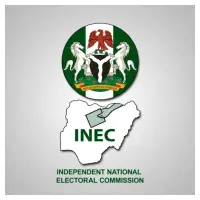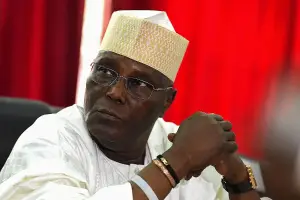The Deputy Speaker of the House of Representatives, Benjamin Okezie Kalu, has officially withdrawn the controversial indigeneship bill from parliament to allow for further legislative consultations and stakeholder engagement.
In a statement released on Tuesday night, Kalu, who also chairs the Constitution Review Committee of the House, explained that the decision became necessary following significant concerns and constructive feedback received from various stakeholders regarding the proposed legislation.
The Bill Analysis Report from the National Institute for Legislative and Democratic Studies (NILDS) played a crucial role in the withdrawal decision, highlighting potential implementation challenges that could arise if the bill proceeded in its current form.
According to the NILDS report: "States should make laws that would allow settlers to benefit from the same rights and privileges enjoyed by indigenes without any form of discrimination as rightly provided for in the constitution. Though the Bill seeks to achieve some commendable objectives, however, this can be achieved through enactment of law. If this Bill is passed, it would pose challenges with time especially on the issue of double or multiple indigenship."
Kalu emphasized his commitment to ensuring that legislative proposals genuinely reflect the wishes of Nigerian citizens. "As leaders and Representatives, we remain committed to ensuring that every legislative proposal reflects the aspirations of the people we serve," he stated.
The Deputy Speaker further assured Nigerians that the Constitution Review process would remain "an open, inclusive, and participatory exercise," stressing that "no provision or proposal will be pursued without adequate dialogue and consensus-building."
He called on citizens to continue engaging constructively with the House Committee on Constitutional Review as they work collectively toward building "a more just, united, and prosperous Nigeria."
The indigeneship bill had aimed to address longstanding issues regarding citizenship rights and discrimination based on state of origin, but its implementation approach raised concerns about potential unintended consequences in Nigeria's complex federal structure.
Political analysts note that the withdrawal demonstrates the legislative branch's responsiveness to public feedback, particularly on sensitive constitutional matters that could impact Nigeria's delicate ethnic and regional balance.
Stay updated on this developing story and other important national issues by following BenriNews on our social media platforms: Facebook, Twitter, LinkedIn, WhatsApp, and Telegram.











